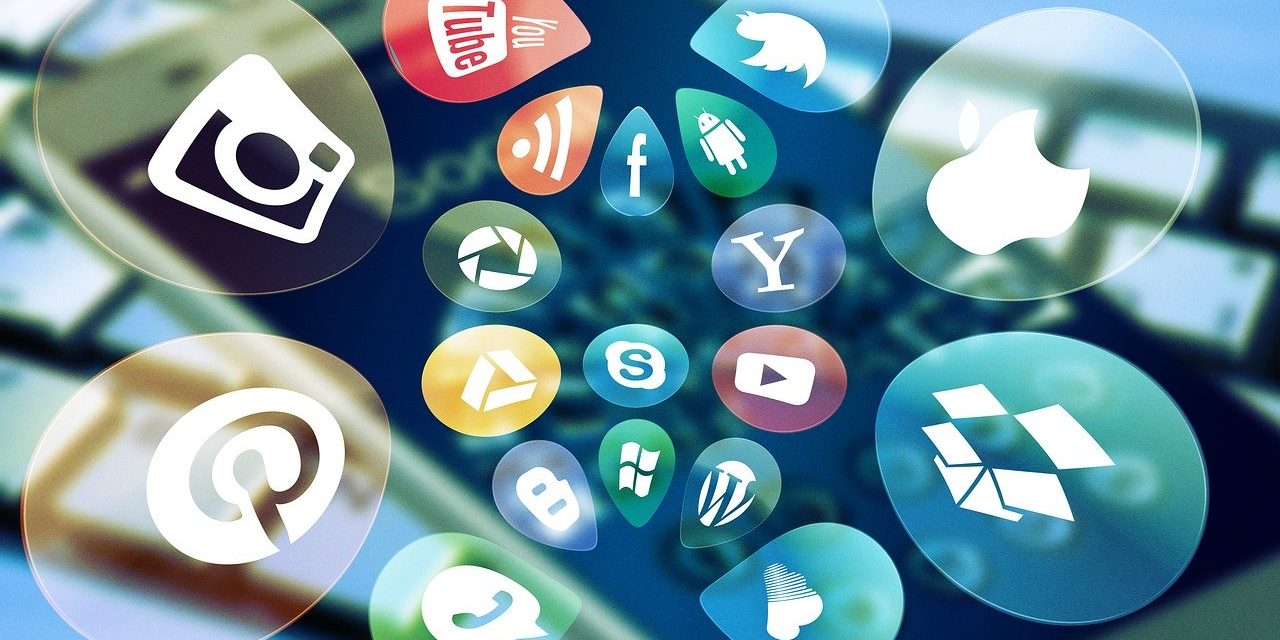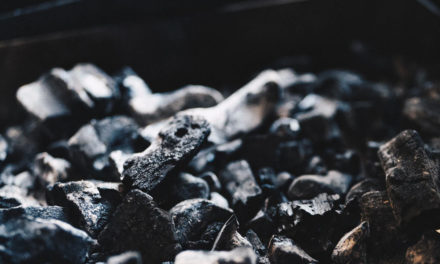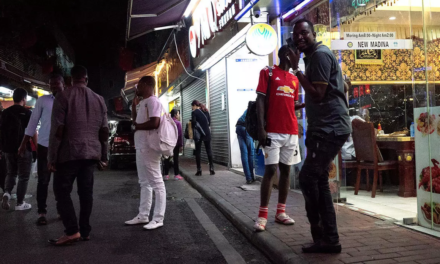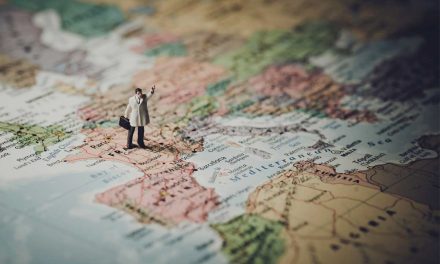On Monday, India’s government announced a ban on 47 additional Chinese apps over national security and privacy concerns. The ban is in addition to a previous digital strike ban on 59 Chinese apps, including the popular app TikTok.
A report by India Today TV citing government sources, said that a security review by the Ministry of Telecom found that the newly banned apps were working as clones of already banned apps.
A confirmation on the full list of clones is awaiting, but Punit Agarwal, head of the social media and IT team of BJP‘s Delhi unit, said that it includes many lite (light version, limited functionality) apps, such as Tiktok Lite, SHAREit Lite or BIGO LIVE Lite.
According to a report by The Economic Times, the government had also prepared a list of further 275 apps, including popular battle royale video game Player Unknown’s Battlegrounds (PUBG), that would be examined for user privacy or national security violations.
The need for data sovereignty
The first ban came as tensions between India and China continued after a deadly border conflict on 15th of June, which saw 20 Indian soldiers brutally killed.
READ MORE: Bitcoin Scammers Launch Twitter Attack on Prominent Accounts
According to the government, as India TV News reported, banned apps like TikTok were engaged in activities that were prejudicial to the sovereignty, integrity and defence of India.
The ban that has taken the world by storm
After India’s first ban, significant concerns on over TikTok’s use, the security of user data and lack of privacy arose.
Because TikTok’s parent company ByteDance is based in China, the paranoia that the company will share user data with the Chinese government is starting to grow.
After India’s second ban, other governments also discussed the other apps blockings.
TikTok’s Reaction
As a reaction to the initial digital strike, TikTok’s spokesperson reassured BuzzFeed News that TikTok is led by an American CEO, with hundreds of employees and key leaders across safety, security, product and public policy in the US.
“We have no higher priority than promoting a safe and secure app experience for our users. We have never provided user data to the Chinese government, nor would we do so if asked,” TikTok’s spokesperson said.
ByteDance, according to Business Insider, was worth $100 billion in May 2020.
- Exam Results Day Chaos and Anger as Students Discover Grades - 14th August 2020
- Hard Times Hit the UK as it Enters the Deepest Recession on Record - 12th August 2020
- Air Pollution is Killing Honeybees, Scientists Reveal - 11th August 2020






